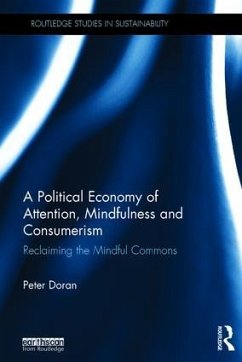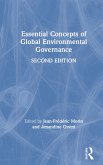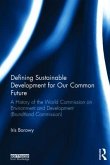Advertising, the mass media, technological advances in social media and celebrity culture have come to mediate our popular self-understanding and how we relate to notions of self in a profound way. There is an increasing recognition that 'attention deficit' is the price individuals now pay for their participation in this new 'attention economy'. This book draws on the rich Buddhist-inspired philosophical and psychological teachings that underpin the practice of mindfulness and attention to inform critical insights into the nature of the contemporary economy, its construction and pursuit of human attention, and its implications for our well-being, collective resilience, and global ecology. Drawing together lively debates from the new economics of transition, resilience and well-being, sustainable consumption, and the emerging role of mindfulness in popular culture, this book speaks to audiences from both the sustainability disciplines and students of Buddhism and mindfulness. As advanced global capitalism - or capitalist realism - targets, perhaps above all else, the human capacity for attention, there are far-reaching implications for our well-being - psychologically, physically and spiritually, and ultimately for our global ecology. The book shows that, in this consumer age, the underlying teachings of Buddhist mindfulness offer more than individual well-being at home and in the workplace, but also new sources of critical inquiry into our collective condition under the sway of consumer culture. Furthermore, the book provides a political economy context for the dramatic rise in popular interest around mindfulness practices and their associated Buddhist-inspired philosophical and psychological insights. The book should be of interest to students and scholars of environmental philosophy, environmental psychology, environmental sociology, behavioural economics, political economy, environmental politics and law, as well as Buddhist theory and philosophy.








